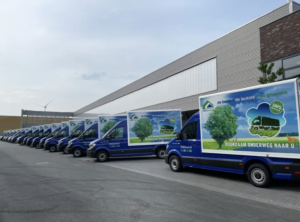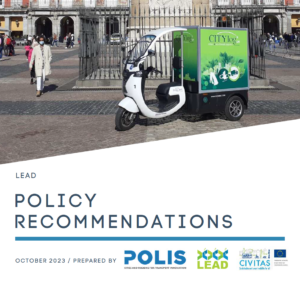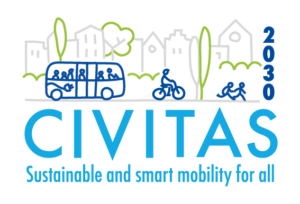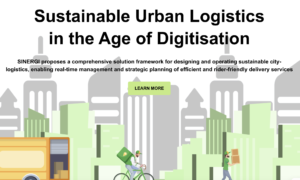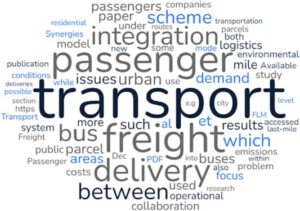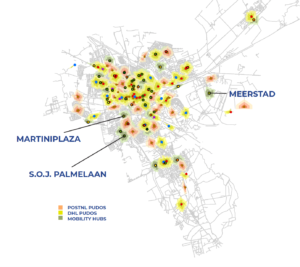Research: encouraging customers to make a more sustainable delivery choice

The rise of e-commerce has led to an increase in parcel deliveries, increasing the need to address last-mile delivery’s cost and environmental impact. Customers accustomed to next-day free delivery can play an essential role by choosing more sustainable delivery options. Retailers and logistic service providers could allow customers to wait for their delivery or pick …

